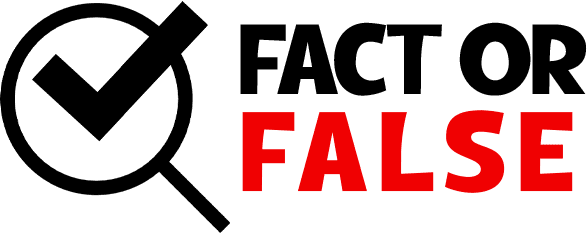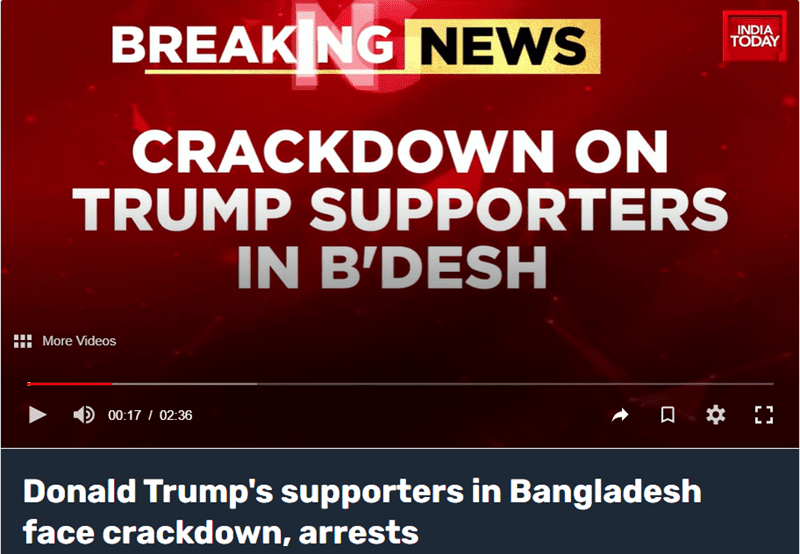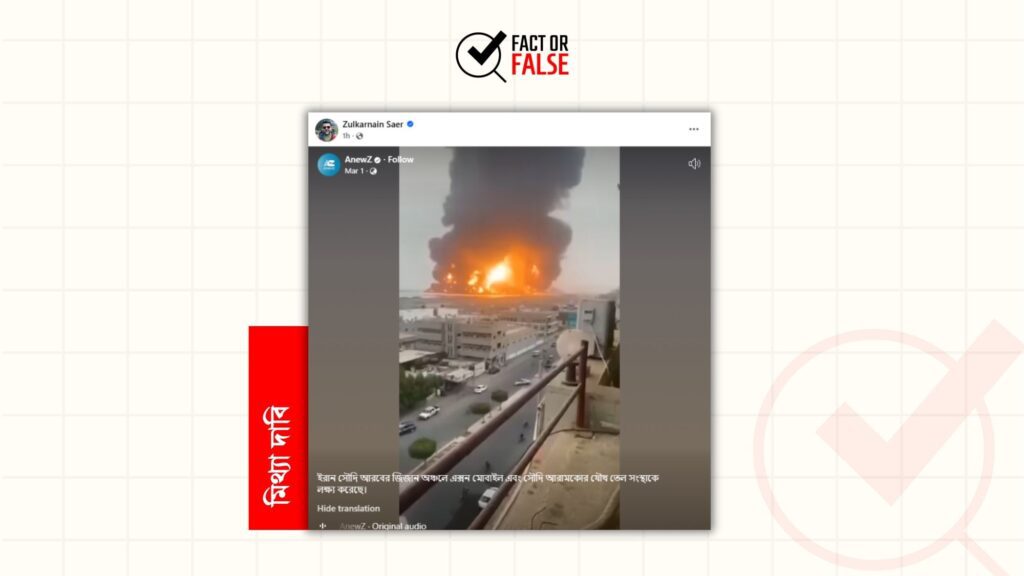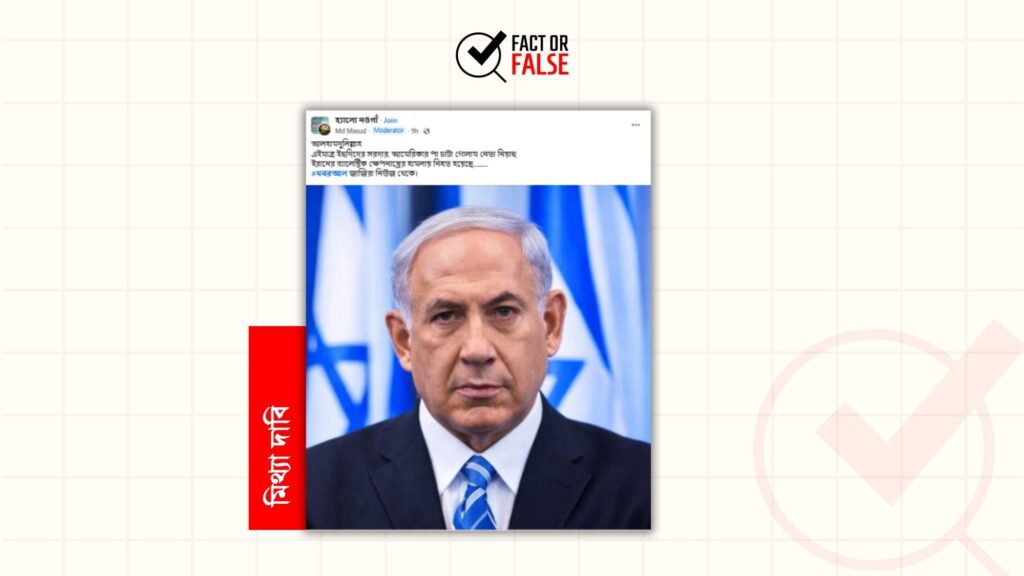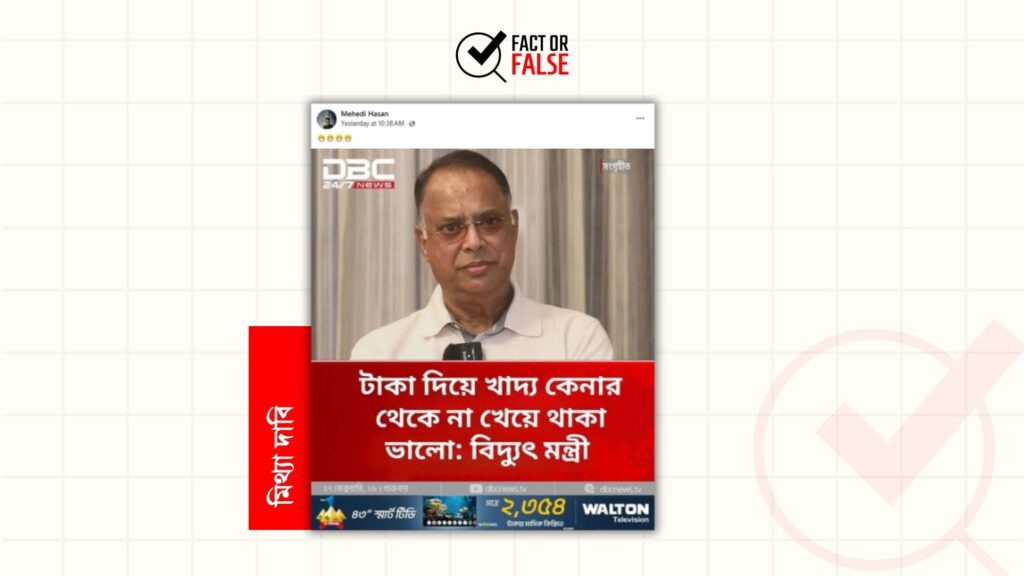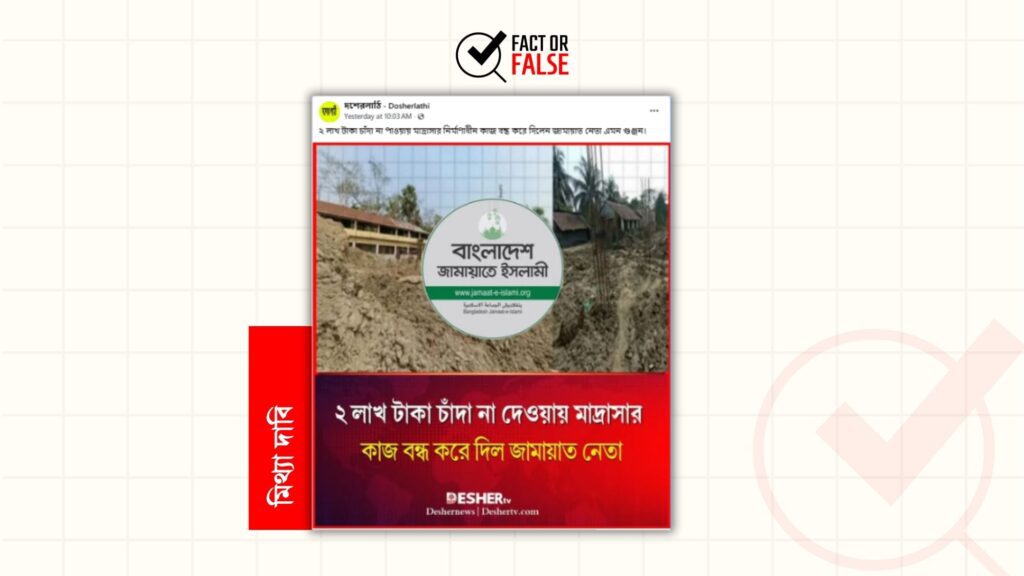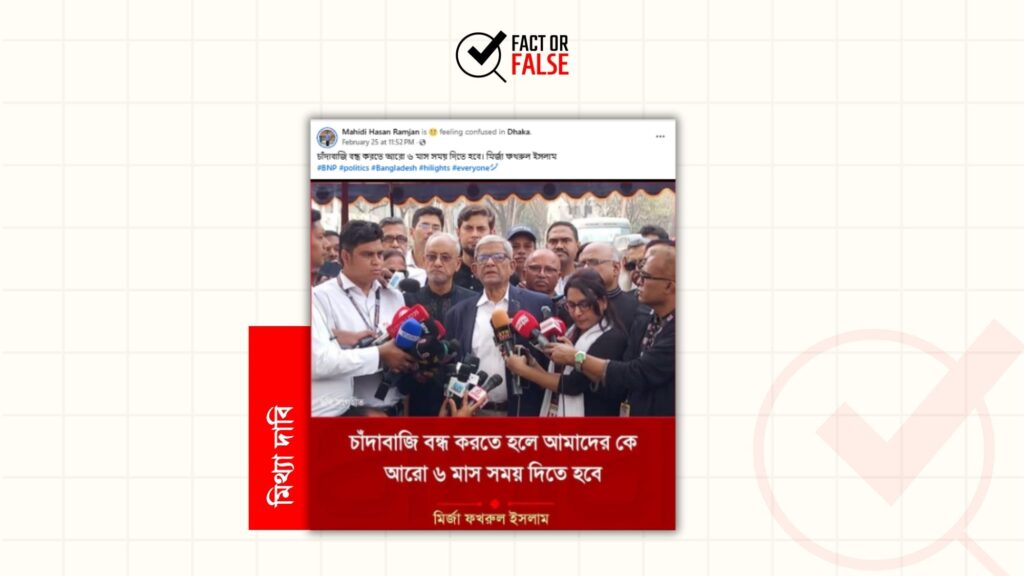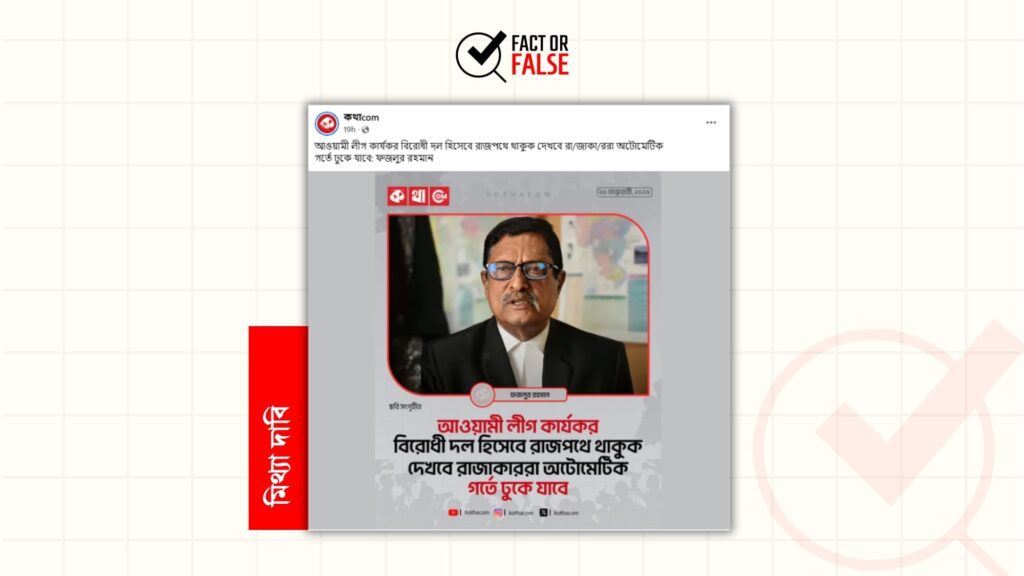Indian TV channel India Today recently reported that Bangladeshi authorities have cracked down on supporters celebrating U.S. President-elect Donald Trump’s victory. The report claims that the Bangladesh military and police conducted raids, arresting Trump supporters and confiscating banners and posters congratulating him.
However, fact-checkers and major media sources have labeled the report as misleading and intentional misinformation. Reports from leading international and Bangladeshi media indicate (1, 2, 3) that those arrested were actually affiliated with the Awami League, Bangladesh’s ruling political party, and were preparing for a party rally.
In addition to its video report, India Today published a separate article online, asserting without cited sources that the arrested individuals were not affiliated with any political party but were ordinary citizens. Furthermore, the report lacked any statement from Bangladeshi authorities, presenting the arrests as though they were solely due to the individuals’ support for Trump.
Photos accompanying the report depicted detainees holding images of Bangladesh’s founding leader, Sheikh Mujibur Rahman, and Nur Hossain, a youth leader killed in anti-Ershad protests in the 1990s.
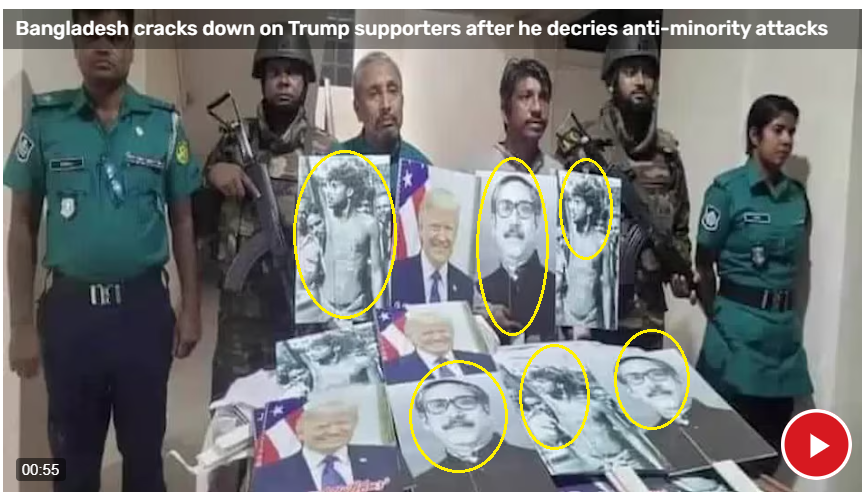
According to a report from AFP, published by Barron’s, Bangladeshi police arrested ten individuals with posters of Trump, who were allegedly supporters of exiled former Prime Minister Sheikh Hasina. The police indicated that, according to a leaked phone call, Hasina instructed her followers to rally in Dhaka on November 10 with U.S. flags and Trump posters, aiming to strain relations between Bangladesh’s interim government and Washington.
The Print independently verified the authenticity of the leaked phone call, in which Hasina was heard encouraging a Trump-themed rally on the anniversary of Nur Hossain Day to make any attacks on her rally appear as if they targeted Trump’s image. Hasina allegedly stated that footage of any such incidents would be shared with Trump, claiming to have direct contact with him.
In India Today’s video report, the presenter asked Ashutosh Mishra, a correspondent, to analyze the implications of these arrests. Mishra suggested that this incident demonstrated the Bangladeshi government’s apparent disinterest in fostering relations with Trump’s administration, especially given Trump’s criticism of Bangladesh’s treatment of minority communities. Mishra added that these arrests send a message that the government will not tolerate open support for Trump and will take similar actions against others who do so.
The leaked phone call indicates that Hasina aimed to present any altercations as attacks on Trump supporters. The India Today report appears to align with this agenda.
India Today and its sister channel Aaj Tak—both owned by the TV Today Network Limited—echoed the narrative that Bangladeshi security forces have initiated actions against Trump supporters. According to media watchdog Media Bias Fact Check, India Today leans center-right and rarely criticizes Indian Prime Minister Narendra Modi.
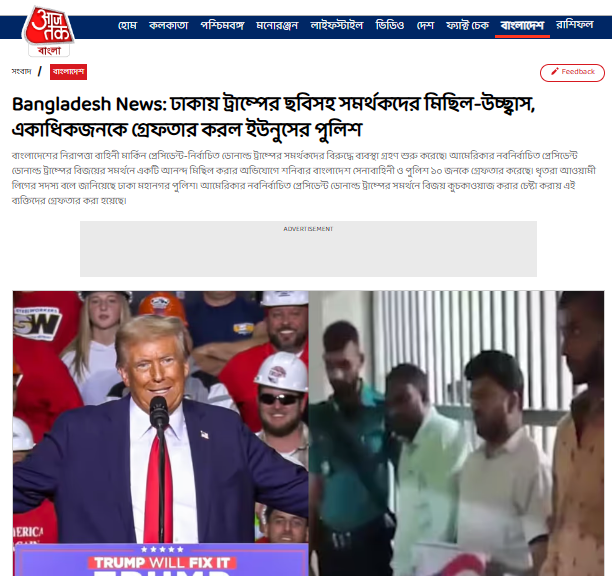
This is not the first instance of Indian media reporting questionable news about Bangladesh. Since August 5, when Hasina fled the country, Indian outlets, including mainstream sources, have circulated misleading reports on Bangladesh’s interim government, Dr. Yunus, the Bangladesh Army, anti-discrimination protest leaders, and the nation’s economy and religious minorities. For further examples of misleading reports from Indian media, refer to these sources: 1, 2, 3, 4, 5.
